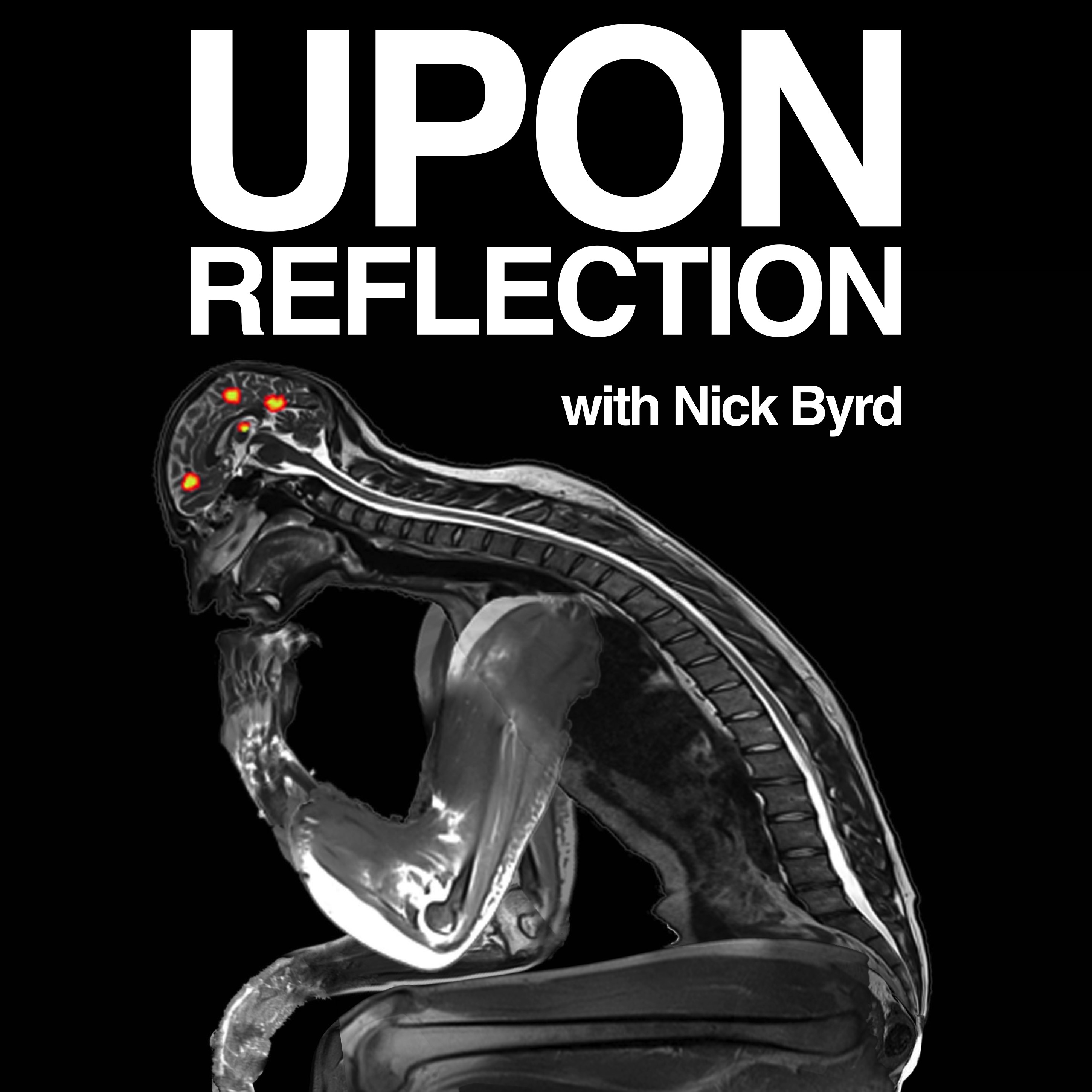Listen "Ep. 14 - Analytic Atheism & Analytic Apostasy Across Cultures"
Episode Synopsis
You may have heard that atheists tend to score better on reflection tests than theists? But why do scientists find this "analytic atheism" correlation?
Many studies have attempted to answer this question. Of course, even the best studies had limitations. So Steve Stich, Justin Sytsma, and I developed better methods and studied over 70,000 people on 6 continents. What did we find?
Apostasy was key. Those who shed their religion since childhood were the most reflective. Lifelong atheists were not necessarily more reflective than theists. In other words, the analytic atheism correlation seems to be explained by analytic apostasy.
In this episode, I'll explain the methods, results, and implications in our paper "Analytic Atheism & Analytic Apostasy Across Cultures" which will be published in Religious Studies.
Byrd, N., Stich, S., & Sytsma, J. (2025). Analytic atheism and analytic apostasy across cultures. Religious Studies. https://doi.org/10.1017/S0034412525000198
As always, free preprints of my papers are available on my CV at byrdnick.com/cv under "Publications".
This episode's affiliate partner is PDF Expert. Since I bought PDF Expert in January 2016, it has been my primary reading and annotating app on Mac, iPad, and iPhone. I often try the best free and paid competitors, but I keep coming back to PDF Expert. Find out why at readdle.8kpa2n.net/Byrd.
You can find the Upon Reflection podcast here or in your podcast app. If you like what you hear, you can subscribe wherever you find podcasts, follow on BlueSky at @ByrdNick.com, on Mastadon (@ByrdNick), and all the other platforms. If you end up enjoying the Upon Reflection podcast, then feel free to tell people about it, online, in person, or in your review.
Related posts
Upon Reflection, Ep. 10: Great Minds Do Not Think Alike
Religiosity & Reflection Research
Derek Leben's "When Psychology Undermines [Moral and Religious] Beliefs"
The Meaning Problem & Academic Lexicons
8 Sources Of Morality
Many studies have attempted to answer this question. Of course, even the best studies had limitations. So Steve Stich, Justin Sytsma, and I developed better methods and studied over 70,000 people on 6 continents. What did we find?
Apostasy was key. Those who shed their religion since childhood were the most reflective. Lifelong atheists were not necessarily more reflective than theists. In other words, the analytic atheism correlation seems to be explained by analytic apostasy.
In this episode, I'll explain the methods, results, and implications in our paper "Analytic Atheism & Analytic Apostasy Across Cultures" which will be published in Religious Studies.
Byrd, N., Stich, S., & Sytsma, J. (2025). Analytic atheism and analytic apostasy across cultures. Religious Studies. https://doi.org/10.1017/S0034412525000198
As always, free preprints of my papers are available on my CV at byrdnick.com/cv under "Publications".
This episode's affiliate partner is PDF Expert. Since I bought PDF Expert in January 2016, it has been my primary reading and annotating app on Mac, iPad, and iPhone. I often try the best free and paid competitors, but I keep coming back to PDF Expert. Find out why at readdle.8kpa2n.net/Byrd.
You can find the Upon Reflection podcast here or in your podcast app. If you like what you hear, you can subscribe wherever you find podcasts, follow on BlueSky at @ByrdNick.com, on Mastadon (@ByrdNick), and all the other platforms. If you end up enjoying the Upon Reflection podcast, then feel free to tell people about it, online, in person, or in your review.
Related posts
Upon Reflection, Ep. 10: Great Minds Do Not Think Alike
Religiosity & Reflection Research
Derek Leben's "When Psychology Undermines [Moral and Religious] Beliefs"
The Meaning Problem & Academic Lexicons
8 Sources Of Morality
More episodes of the podcast Upon Reflection
Ep. 16: Strategic Reflectivism
08/10/2025
Ep. 10 - Great Minds Do Not Think Alike
04/05/2022
Ep. 8 - Reflective Reasoning & Philosophy
23/03/2022
 ZARZA We are Zarza, the prestigious firm behind major projects in information technology.
ZARZA We are Zarza, the prestigious firm behind major projects in information technology.
